Saved from the shackles of military tutelage, Türkiye now eyes to get rid of a grim legacy of coups: its Constitution. Amended many times over the decades, the Constitution is still an embodiment of the military junta that seized power in 1980.
President Recep Tayyip Erdoğan on Tuesday renewed his pledge for a brand new constitution and said he instructed 10 “colleagues” to work on it. Media outlets on Wednesday reported that those colleagues are members of Erdoğan’s ruling Justice and Development Party (AK Party), mainly with a legal background.
Anadolu Agency (AA) reported that the party’s central administrative committee decided at a meeting earlier this week to set up a committee to draft a road map for the new constitution. The newspaper reported that the constitution committee is expected to be led by Vice President Cevdet Yılmaz. Members will include the party’s deputy group chairs, Mustafa Elitaş and Efkan Ala; the parliamentary group chair, Abdullah Güler; the acting group chairs, Özlem Zengin, Muhammet Emin Akbaşoğlu and Bahadır Yenişehirlioğlu; the AK Party spokesperson, Ömer Çelik; and the deputy chairs, Hayati Yazıcı and Ali Ihsan Yavuz. Most are lawyers by profession, including Yenişehirlioğlu, who is better known as an actor in the popular Ottoman-themed TV series “Payitaht Abdülhamid.”
The committee is expected to convene soon and continue working throughout the summer. AA reported that Erdoğan may occasionally chair their meetings.
The AK Party has long campaigned for a constitution, including a declaration announced during its 2023 election campaign. The “New Constitution for the New Century of Türkiye” declaration, which refers to the second century of the Republic of Türkiye, underlined the need for a new constitution. “Establishing a constitutional order based on human dignity for the prevalence of developments in the field of rights and freedoms is necessary,” the 2023 declaration said.
The declaration also said the constitution would preserve democratic gains acquired during the AK Party’s governance and would ensure a high-standard democracy, guarantees for freedoms and the supremacy of law.
The government has been pushing to overhaul the Constitution for over a decade now, which was enforced in 1982 following a military coup that led to the detention of hundreds of thousands of people along with mass trials, torture and executions, which still represents a dark period in Turkish political history.
The AK Party has a comprehensive draft prepared by a scientific council during the pandemic, which it’s hoping to submit to Parliament. AK Party ally Nationalist Movement Party (MHP) also announced a constitutional draft that includes over 100 articles from the past.
The Constitution’s first four articles, which state the essential tenets of the Turkish republic, have been subject to debate for years. The main opposition, the Republican People’s Party (CHP), has repeatedly accused the AK Party of aiming to change the articles, which the ruling party flatly rejects.
The current 1982 Constitution’s first three articles regulate the basic principles of the country, namely: that the country is a republic; that it is a democratic, secular and social state governed by the rule of law; that its language is Turkish, its capital is Ankara and that the first three articles cannot be altered.
The AK Party recently held a workshop under the chairpersonship of Hayati Yazıcı, the latest in a series of workshops that have so far focused on the method of making a constitution, consulting the opinions of academics and experts. The meeting also addressed the expectations of professional organizations, unions and nongovernmental organizations, as well as the framework for fundamental rights and freedoms to be included in a constitution. According to Yazıcı, Friday’s workshop explores how legislative and executive bodies should be shaped, ideas for their duties and authorities, the relations between the two bodies, and the mechanisms for balancing and monitoring one another.
Last summer, Parliament Speaker Numan Kurtulmuş oversaw talks between political parties on a constitutional overhaul and met representatives of all parties at Parliament to discuss a new constitution. He has said the general consensus was “positive” but that the CHP “still remains far from the table.”
The CHP is inclined to reject a constitutional overhaul, with its leader, Özgür Özel, claiming such a change has raised “other kinds of negotiations” without elaborating.
At least 400 lawmakers must ratify a new constitution draft in Parliament. Anything over 360 votes would allow a referendum, allowing the people to decide.
The People’s Alliance, featuring the MHP, doesn’t have a parliamentary majority, but insiders have alleged the bloc could make new moves to persuade the opposition, including changes to the current presidential system.
In response to a question last week, Yazıcı said there was no “deadlock” in the presidential system but acknowledged, “There may be deficiencies and excesses observed in its implementation.”
“That is why we will also hear assessments about the presidential system,” he said.
“Constitutions are not dogmas. They are not untouchable or indispensable. Ultimately, it is people who make them, and they can always be revised according to changing needs and conditions of the time,” he added.
Since its founding, the modern Turkish state has been governed under four constitutions, with the first adopted in 1921, then changing in 1924 and 1961 before the Constitution of 1982 was implemented.
The document has undergone nearly 20 amendments over the years to keep up with global and regional geopolitical conjectures. The most notable changes were introduced via referendums in 2010 by enabling the trialing of the 1980 coup plotters in civil courts and in 2017 by replacing the parliamentary system with an executive presidency.
Erdoğan has vowed to purge Türkiye’s governing charter of what he described as the oppressive imprint of the 1980 military coup.
Speaking at a ceremony marking the anniversary of the 1960 coup on Tuesday, Erdoğan said the current Constitution, drafted under military rule, fails to reflect the democratic will of the people.
“We must free ourselves from this Constitution, which still bears the stamp of a coup-era mindset,” Erdoğan said on X.
“It is time for a new text shaped by the nation’s will, not by the authoritarian grip of putschists.”
He underscored that Türkiye is ready for a genuinely democratic, civilian constitution that aligns with the spirit of a strong and independent republic.
Calling on political parties to join efforts for reform, Erdoğan urged consensus around a future-oriented constitution that breaks entirely from authoritarian influences.

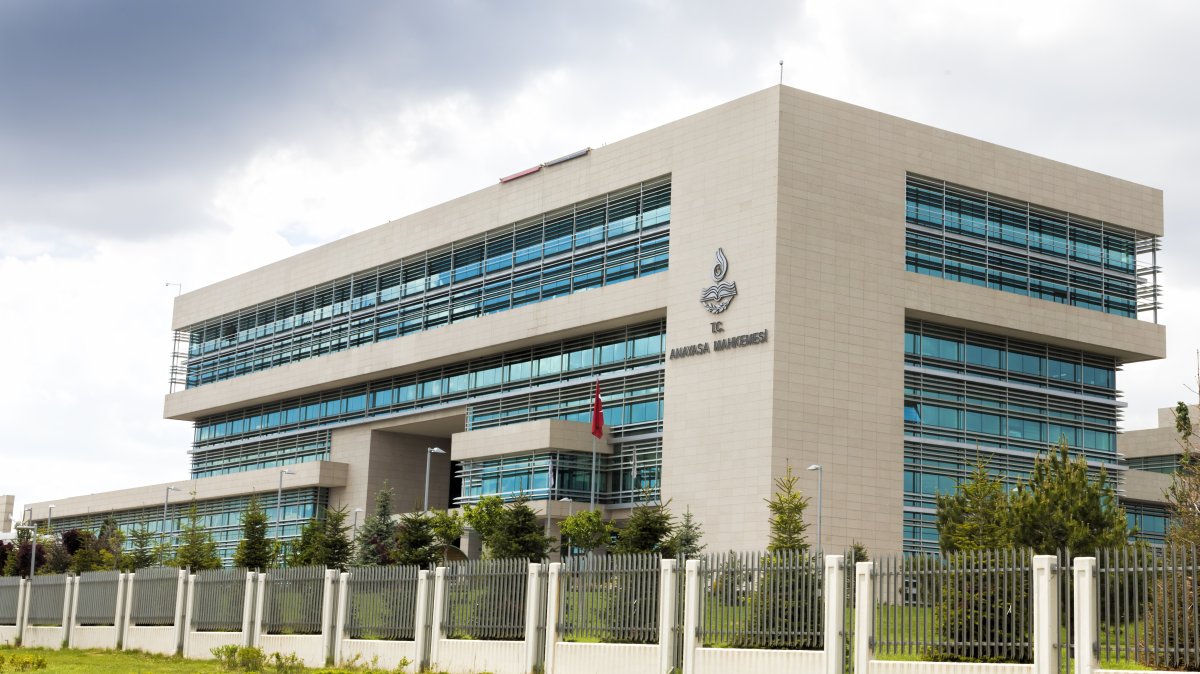
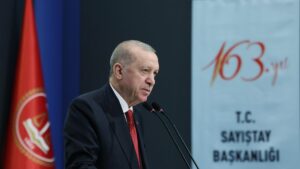

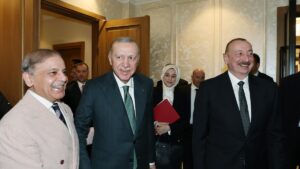
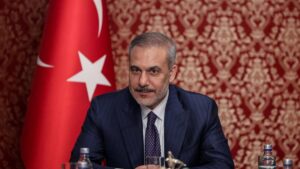

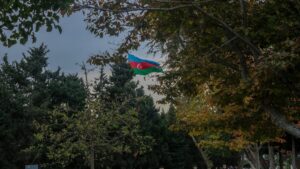
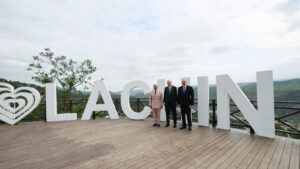




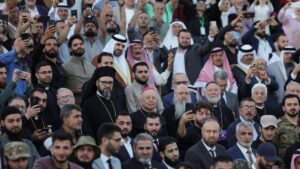




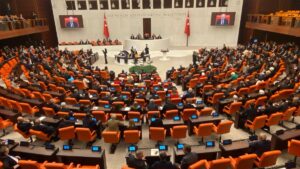
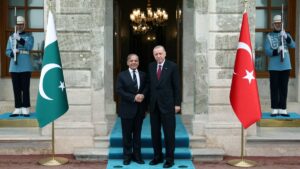
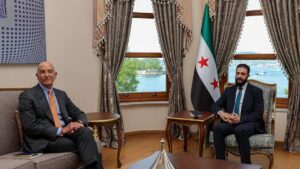

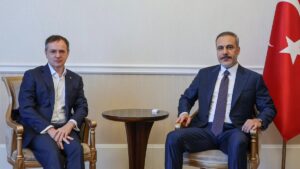
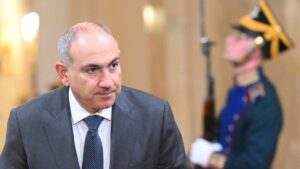

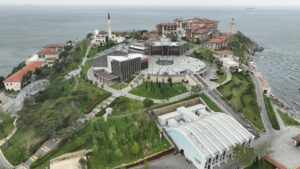




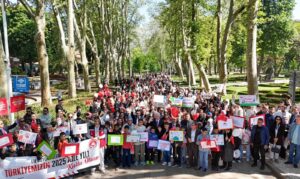
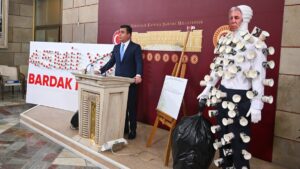


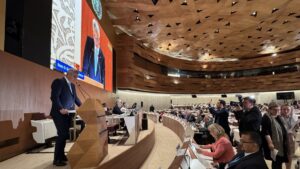
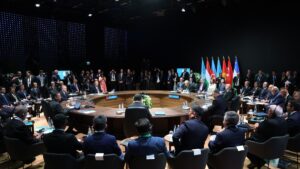
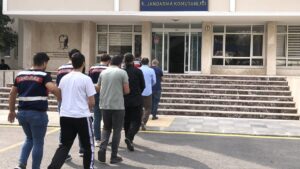
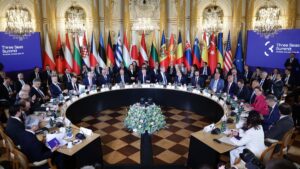
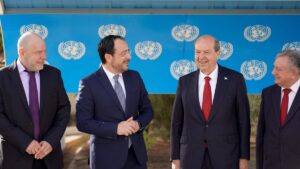
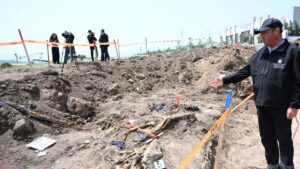
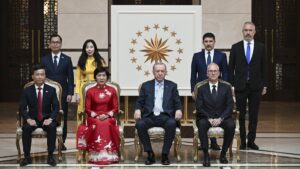
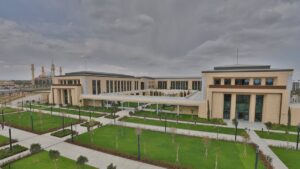


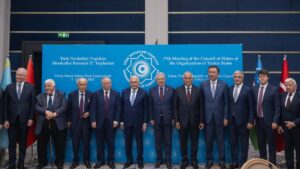


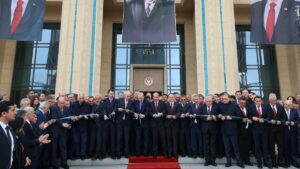
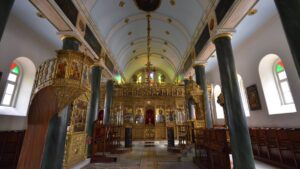
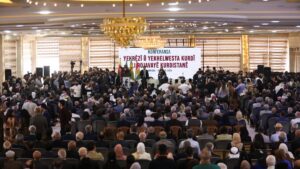
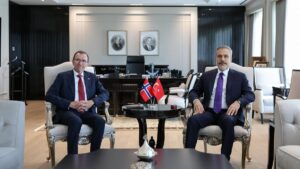
Be First to Comment